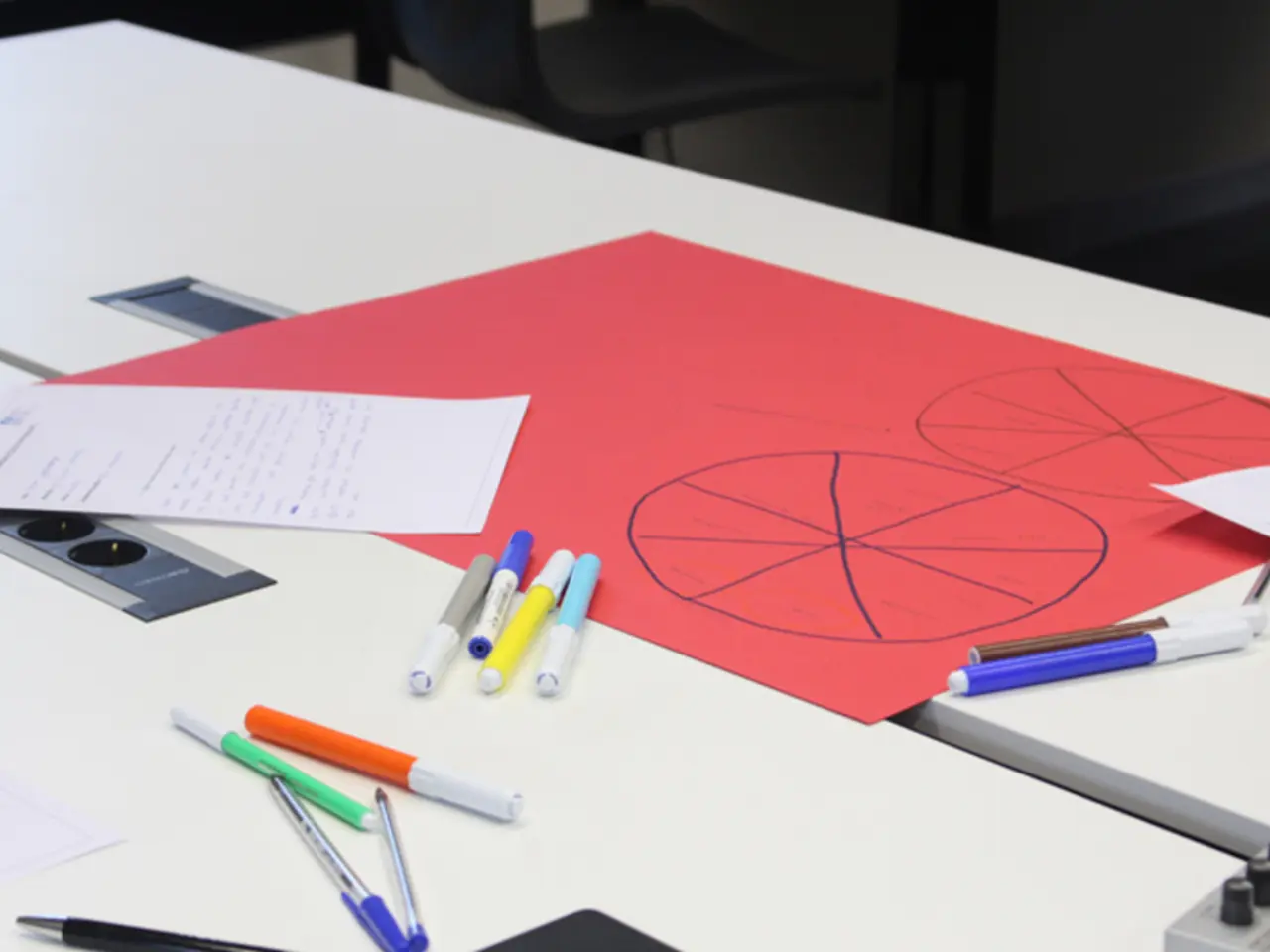Delving into the Concept of Consistency in Psychology
As we navigate through different stages of life, one constant remains - our sense of self, or self-continuity. This is the feeling that we are the same person, despite changes in our circumstances, roles, and environment.
The theory of aging, known as the continuity theory, suggests that as we age, we tend to retain the habits, preferences, and lifestyle choices we developed earlier in life. This continuity can be supported by a variety of resources, both internal and external.
Internal resources, such as physical activity, internet use, lifelong learning, community involvement, social connections, and participation in activities, play a significant role in supporting older adults' sense of self and life satisfaction. They foster inner strength, self-worth, and resilience, helping to cope with stress and preserve mental and emotional well-being. Practices like self-reflection, mindfulness, and social engagement contribute to strengthening these inner resources, thereby enhancing psychological stability and life purpose in later life.
External resources also play a crucial part in maintaining a sense of self and life satisfaction. Regular physical activity and a healthy diet, for instance, enhance self-image during adolescence. Memory, consistent from childhood, helps maintain a sense of identity. Ongoing connections with family and friends reinforce identity through shared histories.
Interestingly, the positive effects of these external resources on continuity and life satisfaction are more significant for older women than older men.
Psychological continuity, encompassing beliefs, memories, desires, and personal identity, is the ongoing connection of a person's mental life over time. It is used in philosophy and psychology to explain how a person remains the same despite changes in personality, experiences, or physical body.
Core values, such as honesty or loyalty, guide behaviour and remain stable over time. Stable personality traits, like introversion or extroversion, contribute to a continuous self-perception. Persistent emotional patterns, like optimism or pessimism, shape how experiences are perceived. Reflecting on past experiences can help us see a sense of continuity in our life.
However, aging can bring challenges that can disrupt this continuity, potentially leading to frustration or feelings of isolation. Recognizing that roles and situations may shift, but our more profound sense of self can stay steady if we adapt. Adapt old habits to new situations to help maintain a sense of identity.
Adolescents with a high self-concept and positive self-perception tend to be more emotionally stable, sociable, and responsible. These traits can serve as a foundation for maintaining a stable identity during changes in life.
In conclusion, maintaining a sense of self and life satisfaction as we age is a multifaceted process. By focusing on core values and traits, engaging in regular physical activity, maintaining healthy relationships, and reflecting on past experiences, we can navigate the challenges of aging and preserve our psychological continuity.
Read also:
- Understanding Hemorrhagic Gastroenteritis: Key Facts
- Stopping Osteoporosis Treatment: Timeline Considerations
- Tobacco industry's suggested changes on a legislative modification are disregarded by health journalists
- Expanded Community Health Involvement by CK Birla Hospitals, Jaipur, Maintained Through Consistent Outreach Programs Across Rajasthan








